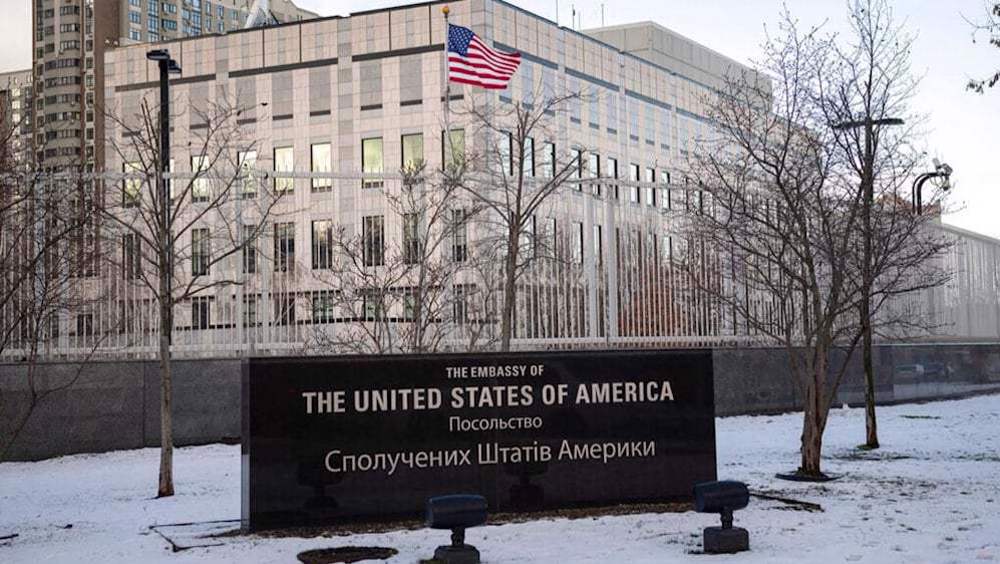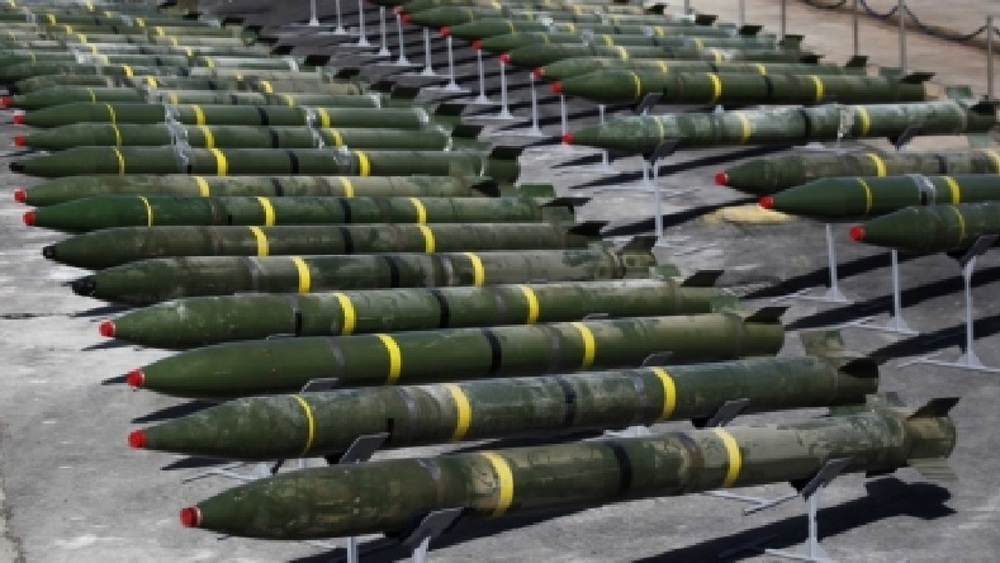EU commissioner slams Macedonia reps over stalemate
A European Union (EU) authority has expressed disappointment over Macedonian politicians' failure to resolve the current political crisis in their country despite the bloc's initiative and efforts in that regard.
EU Commissioner for European Neighborhood Policy and Enlargement Negotiations, Johannes Hahn, said he was "very disappointed" that the representatives of Macedonia's four main political parties had failed to reach a solution to their problems in a recent meeting in Belgian capital, Brussels.
"No final deal yet in talks on the former Yugoslav Republic of Macedonia," the commissioner said in a tweet.
The commissioner blamed the failure of the Brussels talks on a "lack of responsibility and leadership by some;" however, he declined to give more details about the matter.

Brussels talks
On Wednesday, Hahn met the leaders of Macedonia’s main political parties in Brussels to find a solution to the political crisis in the country.
The talks with the key political actors had been set up to plan a detailed road map out of the current political quagmire the country was stuck in.
However, the talks ended without a solution to the crisis.
"The talks were open and detailed, but did not lead to a final agreement yet," the EU commissioner said in a statement after the talks ended.
"The European Union urges all parties -- in the interest of their country and its citizens -- to find a lasting political compromise without any delay," the EU representative added.
Bone of contention
Macedonia has been caught in political crisis since the country’s election results came out in April 2014.
Opposition leader Zoran Zaev accuses the government of Prime Minister Nikola Gruevski of electoral fraud and refuses to recognize the results of last year's election.
In addition, the opposition accuses Gruevski's government of abusing the justice system and media in addition to wiretapping some 20,000 people, including politicians and journalists.
Furthermore, the opposition accuses the government of a murder cover-up, and other wrongdoings, as well.
The political crisis was accompanied by violent demonstrations between rival camps which prompted foreign diplomats to call on the main political parties to meet and resolve the crisis.

Ethnic Albanians
The country's political crisis is further aggravated by violence caused by ethnic Albanian militants.
Last month, clashes between police and an armed group of ethnic Albanian militants in Kumanovo city, located some 40 kilometers (25 miles) northeast of the capital, Skopje, left eighteen people dead, including eight police officers.
Both the government and the opposition accused one another of scheming to destabilize the country in order to take or keep power. Ethnic Albanians make up 25 percent of the country’s two million population.
Historic name
And finally, Macedonia’s name and its accession to the EU bloc has been denied due to Greece’s objection on this matter.
Athens claims it has historical right to the name Macedonia.
XLS/NN/GHN
Israel kills 5 more paramedics in southern Lebanon: Health ministry
Iran to launch ‘new, advanced’ centrifuges in response to IAEA resolution: AEOI
Yemen fires hypersonic missile at Israeli airbase
VIDEO | New Delhi chokes under toxic smog as air quality remains at hazardous levels
VIDEO | Press TV's news headlines
VIDEO | ICC's arrest warrant for Netanyahu to worry Western politicians: Former British diplomat
Iranians protest against Israel after Netanyahu ICC warrant
Germany undecided on complying with ICC arrest warrants for Israeli war criminals










 This makes it easy to access the Press TV website
This makes it easy to access the Press TV website